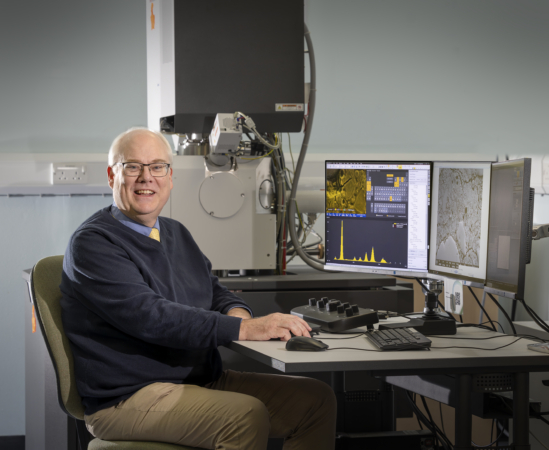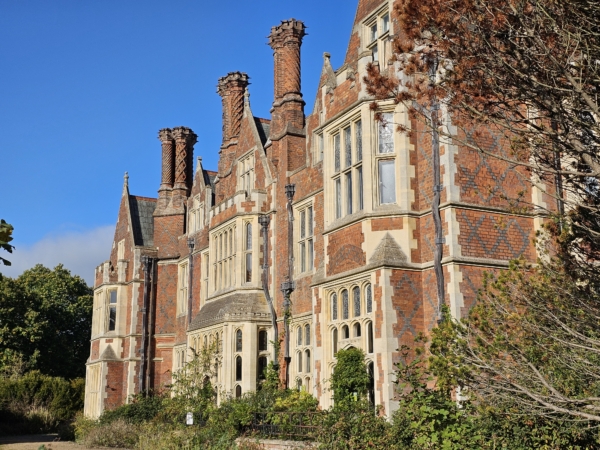Government organisations, industry and academia come together to formalise the UK national requirement for energetic materials
A new Centre of Excellence in Energetic Materials (CoEEM) has been established with the aim of delivering a UK national capability in explosives and energetic materials.
Led by the UK Government, CoEEM aims to collaborate with UK-wide organisations and academic centres to deliver coordinated research, training, test and evaluation services and act as a forum for knowledge exchange.
It will also provide technical leadership, guidance and advice on programme formulation, direction, content and investment decisions with support and engagement from the wider energetics materials community.
The Atomic Weapons Establishment (AWE), Defence Science and Technology Laboratory (Dstl), Defence Ordnance Safety Group (DOSG), a subgroup of Defence Equipment and Support (DE&S), and Cranfield University are facilitating the project.
Kevin Wagstaff, Head of the Counter Terrorist and Security Division, Dstl said: “Energetics materials research, development and manufacture are key capabilities for the UK.
“A new strategy and technical plan are required to maintain and sustain the UK’s energetics capability. Developing and delivering this plan will require the disparate elements of the community to come together.”
CoEEM aims to achieve this by pulling together and championing essential national capability around a ‘virtual’ organisation hosted by Cranfield University.
The benefits of this approach will be seen through establishing a critical mass of expertise, with CoEEM providing the next generation of experts in the UK energetics field.
The Centre will also facilitate individual career development, drive collaboration—including leveraging relationships within and beyond government, as well as exploit cost efficiencies and help coordinate funding for capabilities and research.
Hugh Bellars, Head of Weapons Engineering at DE&S, said: “DE&S’ ability to acquire and support weapons in a safe, professional and efficient manner is underpinned by deep specialist expertise in our project teams and the Defence Ordnance Safety Group. Our experts require the highest level of energetic materials competence, which can only be gained through practical experience.
“To do this our organisations are coming together to plan and deliver a joined up programme focused on our mutual needs for expertise and knowledge of energetic materials.”
Malcolm Cook, AWE and CoEEM Technical Director, said: “The intention is to grow CoEEM organically, beginning with firm foundations based on priorities identified by government. We will build on existing capabilities, planned investments, academic outreach and industrial partnerships.
“We are starting to build links with other UK activities aimed at sustaining capability. CoEEM is ‘the glue’ that will bind these together into one coherent capability.”
Simon Jones, Pro-Vice-Chancellor and Head of Cranfield Defence and Security said: “I’m delighted that Cranfield’s unique set of capabilities, expertise and facilities are able to support this vital national centre of excellence. CoEEM will play a key role in strengthening the UK’s explosives and energetic materials capabilities.
“Cranfield, through our strategic relationships and collaborations with the defence industry and academia, as well as Government, make the University ideally placed to offer our support to this important venture.”
Specific capability areas and themes that CoEEM will focus on include formulations and manufacturing, detection, synthesis, detonics, hazard testing for pyrotechnics, propellants, explosives and improvised formulations.
Next steps in the development of CoEEM include building maps of capabilities, expertise and facilities. This will be via a dedicated CoEEM website that will also host a knowledge store comprising access to journals, books, webinars and other information. By this means CoEEM aims to help gather information about where the current and future experts are likely to come from across the UK and assist in training them.



